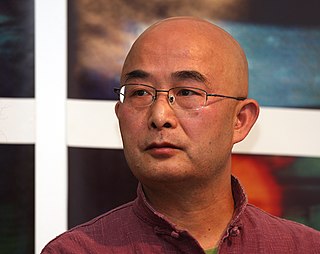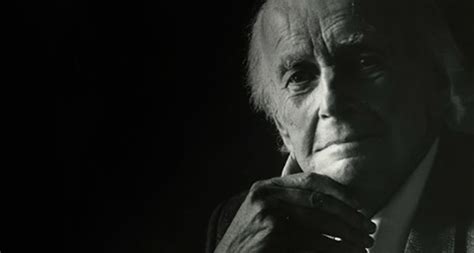A Quote by Kwame Anthony Appiah
I believe there are universal moral values - some of which are very well served by a cosmopolitan attitude. You can think that there are universal values without supposing that everyone agrees as to what they are and without supposing that you have got them all right either.
Related Quotes
Genuine leadership is inherently moral. So the values chosen matter tremendously, and they must be values aligned with society (including the most universal statement of human values in history, the Universal Declaration of Human Rights, as well as clear values of sustainability evidenced in global declarations like the Stockholm and Rio Declarations.
I look to Islamic ethics to find something that can provide the basis for shared values with other traditions, and ultimately universal values. This ties into the point I made in a book, 'The Quest for Meaning', that the only way for values to be universal is if they are shared universal values. My main point is, in this quest for value the aim is not to express your distinctness from others, but about being able to contribute to the discussion of universal value.
There are those who would draw a sharp line between power politics and a principled foreign policy based on values. This polarized view - you are either a realist or devoted to norms and values - may be just fine in academic debate, but it is a disaster for American foreign policy. American values are universal.
A choice is the root of all morality. Without choice, one can have no moral code. In a vacuum bereft of alternatives, there can be no values. And without values, there can be no reason for a code of ethics. What gives our lives meaning is which alternatives we choose. If we have no options, if we can take but one path, we are by definition slaves.
I very much believe in values-based leadership, and that the values that I believe in and try to govern by are transcendent values. They have nothing to do with race or even with political parties. Secondly, I think nothing substitutes for the power of the grassroots by showing them the courtesy of going to them where they are and inviting them to take part in the political process.
Two years ago I was on the train from Berlin to Frankfurt when I heard that the Nobel Peace Prize had been awarded to my close friend, the writer Liu Xiaobo, who is imprisoned in China. To me it was confirmation that universal values and a moral code do exist, and that the point of the Nobel Prize is to encourage writers to stand up for this moral code. Last Thursday I was once again on the train from Berlin to Frankfurt when I heard that the Nobel Prize for Literature had gone to Mo Yan. He is a state poet. I am utterly bewildered. Do these universal values not exist after all?
Art is not and never has been subordinate to moral values. Moral values are social values; aesthetic values are human values. Morality seeks to restrain the feelings; art seeks to define them by externalizing them, by giving them significant form. Morality has only one aim - the ideal good; art has quite another aim - the objective truth... art never changes.
But no one can blink at the fact that in this land, and in other lands across the world, there is an epidemic affecting the lives of millions of youth. It is a sickness that comes of a loss of values, of an abandonment of moral absolutes. The virus which has infected them comes of leaderless families, leaderless schools, leaderless communities. It comes of an attitude that says, "We will not teach moral values. We will leave the determination of such to the individual."
Muscles without strength, friendship without trust, opinion without risk, change without aesthetics, age without values, food without nourishment, power without fairness, facts without rigor, degrees without erudition, militarism without fortitude, progress without civilization, complication without depth, fluency without content; these are the sins to remember.







































